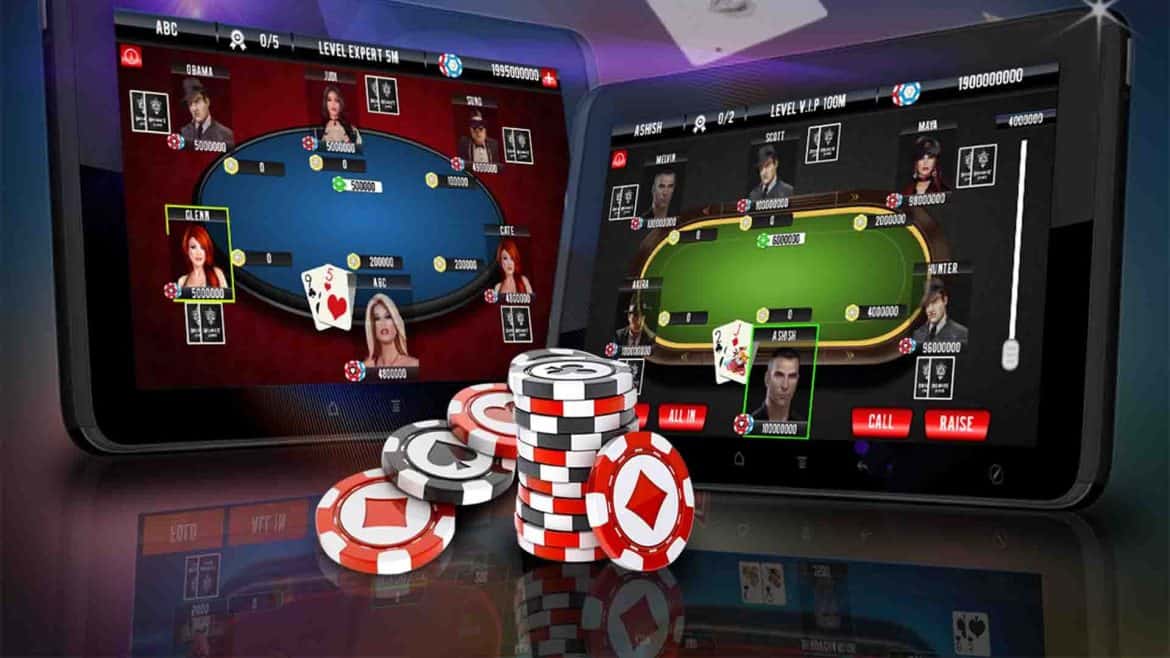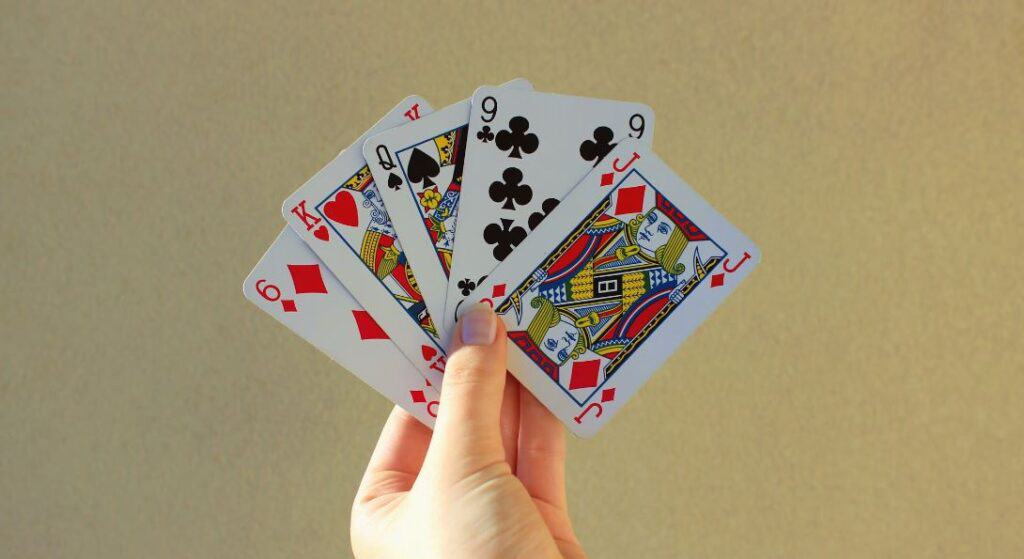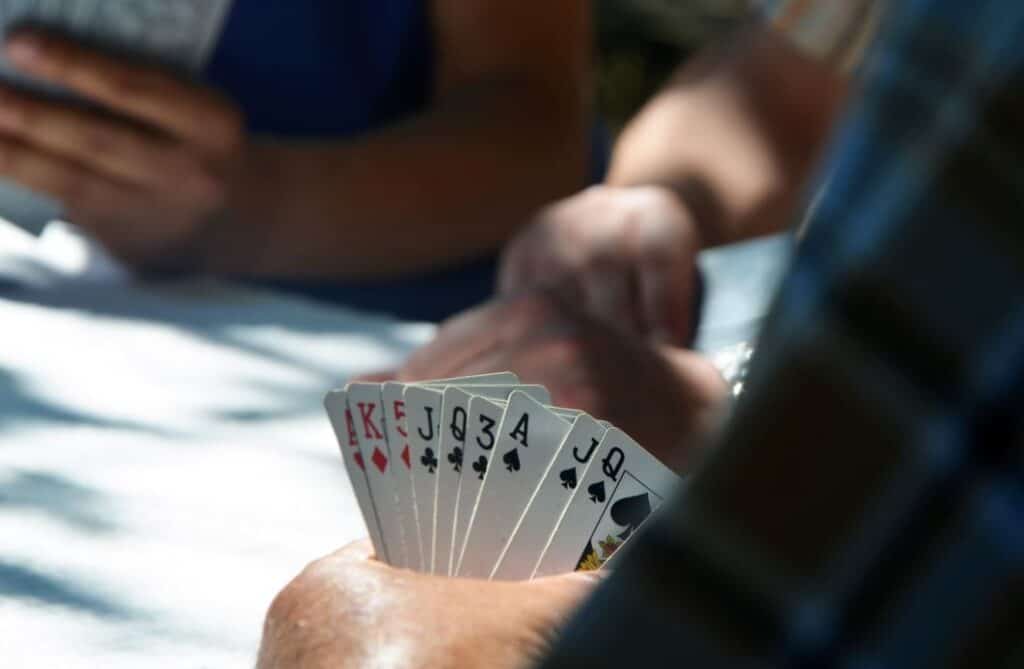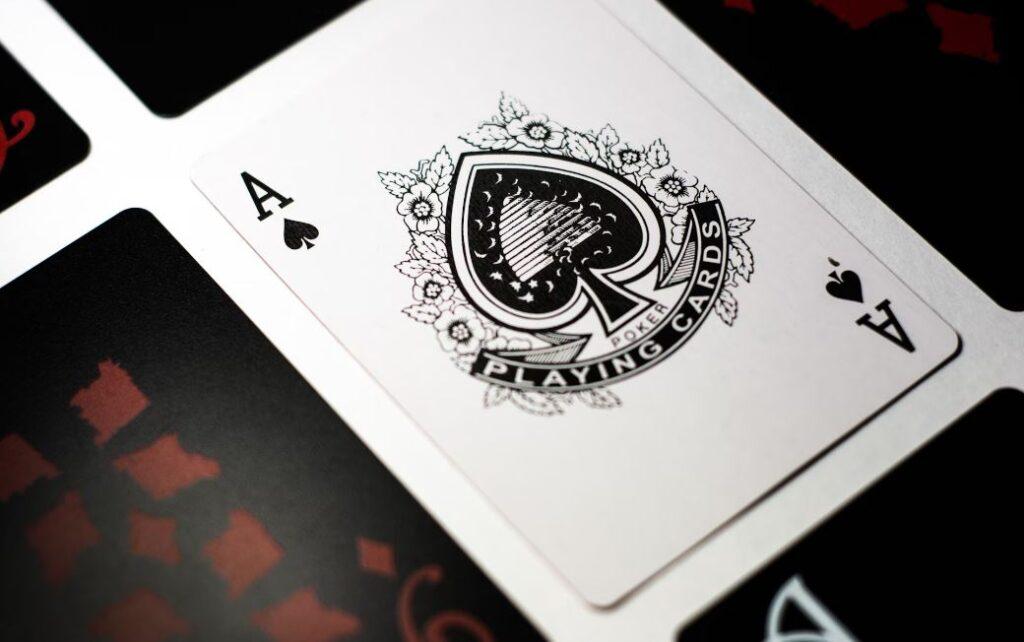
The Psychology of Poker: Mastering the Mental Game
Poker is not merely a game of skill; it’s a fascinating interplay of psychology, strategy, and intuition. Understanding the psychological aspects of poker is essential for success at the table. In this guide, we’ll explore the key psychological elements that come into play during a poker game.
Emotional Control:
Maintaining emotional control is fundamental in poker. Emotional stability prevents impulsive decisions and helps you make rational choices based on strategy. Players who can keep their emotions in check are less likely to make costly mistakes.
Reading Opponents:
Poker is a game of incomplete information, and reading your opponents is a crucial skill. Observing their behaviors, betting patterns, and body language can provide valuable insights into the strength or weakness of their hands. Understanding when opponents are bluffing or holding strong cards can give you a significant advantage.
Bluffing and Deception:
Successful poker players are skilled at bluffing and deception. The art of convincing opponents that you have a different hand than you actually do requires a deep understanding of psychology. Timing, confidence, and a keen observation of opponents’ reactions play crucial roles in effective bluffing.
Patience and Discipline:
Patience and discipline are virtues in poker. Waiting for the right moments to strike and avoiding unnecessary risks are key components of successful play. Impatience can lead to poor decision-making, while disciplined players adhere to a well-thought-out strategy.
Bankroll Management:
The psychology of managing your bankroll is often underestimated. A disciplined approach to bankroll management helps players avoid emotional tilt after losing streaks. Knowing when to walk away and protecting your bankroll from unnecessary risks are essential psychological skills.
Tilt Control:
Tilt is a state of emotional frustration or agitation that can negatively impact decision-making. It often follows a significant loss. Recognizing tilt and actively working to control it is crucial for maintaining focus and making rational decisions at the poker table.
Positional Awareness:
Understanding the psychological impact of table position is a strategic advantage. Players in later positions have more information about opponents’ actions before making decisions. Leveraging positional awareness can influence your opponents’ perceptions and decisions during a hand.
The Importance of Information:
Poker is a game of information. The more information you have, the better decisions you can make. Effective questioning, observing betting patterns, and extracting information through conversation contribute to a comprehensive understanding of the game dynamics.
Psychological Flexibility:
Adapting to changing situations is a psychological skill that separates successful poker players from the rest. Being flexible in your approach, adjusting to opponents’ strategies, and evolving your game as circumstances change are crucial aspects of long-term success.
Confidence and Self-Belief:
Confidence in your abilities is a psychological cornerstone of poker success. Believing in your decisions and trusting your instincts contributes to a positive mindset at the table. However, overconfidence can be detrimental, leading to reckless play. Striking the right balance is key.
In the realm of poker, psychology plays a pivotal role. Mastering the mental game requires a combination of emotional control, observational skills, and strategic awareness. By understanding the psychological aspects of poker, players can elevate their game to new heights, making informed decisions and navigating the complexities of this timeless card game with confidence and skill.
More About Poker:

Mastering Pai Gow Poker: A Relaxed and Strategic Casino Game

The Level Playing Field: Exploring Suit Equality in Poker

Navigating the Poker Table: Understanding Positions

Weak Aces: Navigating the Minefield at the Poker Table

Turning the Tables: Mastering the Poker Turn Card

Cracking the Code: Understanding the Significance of the Flop
Frequently Asked Questions (FAQ) - Poker Psychology: Mastering the Mental Game
1: Why is psychology important in poker?
Psychology is crucial in poker because it involves understanding and influencing the behavior of opponents. It includes skills such as emotional control, reading opponents, and mastering the art of bluffing, all of which contribute significantly to a player’s success at the table.
2: How does emotional control impact poker performance?
Emotional control is vital as it prevents impulsive decisions and helps players make rational choices based on strategy. Players who can keep their emotions in check are less likely to make costly mistakes and are better equipped to navigate the ups and downs of the game.
3: What is the significance of reading opponents in poker?
Reading opponents involves observing their behaviors, betting patterns, and body language to gain insights into the strength or weakness of their hands. This skill is crucial for making informed decisions, identifying bluffs, and adjusting strategies based on opponents’ actions.
4: How can I avoid tilt in poker?
Tilt is a state of emotional frustration that can negatively impact decision-making. To avoid tilt, recognize the signs of emotional agitation and take steps to regain composure. This may include taking a break, practicing deep breathing, or refocusing on the strategic aspects of the game.
5: What is the role of positional awareness in poker?
Positional awareness refers to understanding the impact of your seat at the poker table. Players in later positions have more information about opponents’ actions, influencing their decisions. Being aware of your position allows you to leverage this information to your advantage.
6: How can I improve my confidence in poker?
Confidence in poker comes with experience and self-belief. Trusting your decisions and instincts is crucial. However, it’s essential to strike a balance, avoiding overconfidence that can lead to reckless play. Consistent success and a positive mindset contribute to building confidence over time.
7: Is psychology equally important in online poker?
Yes, psychology remains important in online poker. While physical tells may not be present, reading betting patterns, timing, and chat interactions provide valuable psychological cues. Emotional control, tilt management, and strategic adaptability are equally relevant in the digital realm.
8: How can I develop psychological flexibility in poker?
Developing psychological flexibility involves being adaptable to changing situations. Embrace a mindset that allows you to adjust your strategies based on opponents’ actions and evolving game dynamics. Continuously evaluate and refine your approach to remain effective in different scenarios.
9: Can I learn poker psychology or is it an innate skill?
Poker psychology is a skill that can be learned and refined over time. While some individuals may naturally excel in certain aspects, everyone can improve their emotional control, observational skills, and strategic awareness through study, practice, and experience.
10: What role does information play in poker psychology?
Information is critical in poker. Effective questioning, observing betting patterns, and extracting information through conversation contribute to a comprehensive understanding of the game dynamics. The more information you have, the better decisions you can make at the table.





